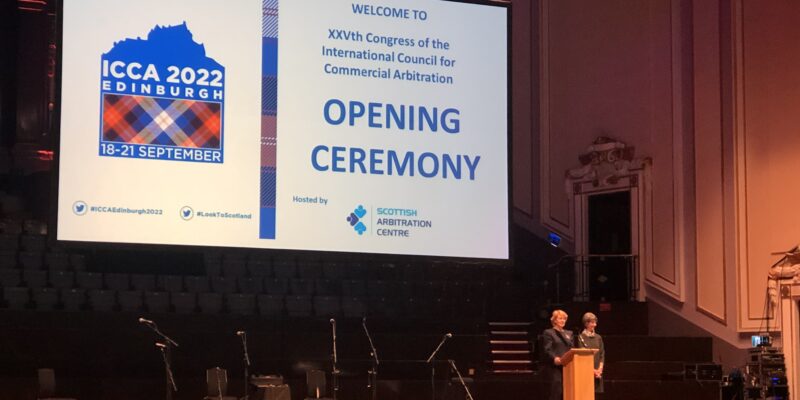No U-Turns Allowed: Bacilio Amorrortu v. Peru’s Award on Jurisdiction
On August 5, 2022, the Tribunal hearing the Bacilio Amorrortu v. The Republic of Peru case issued its Partial Award on Jurisdiction, upholding the State’s objection that Mr. Amorrortu did not provide a valid waiver as required by the “No U-Turn Clause” established in article 10.18.2 of the United States – Peru Trade Promotion Agreement…

